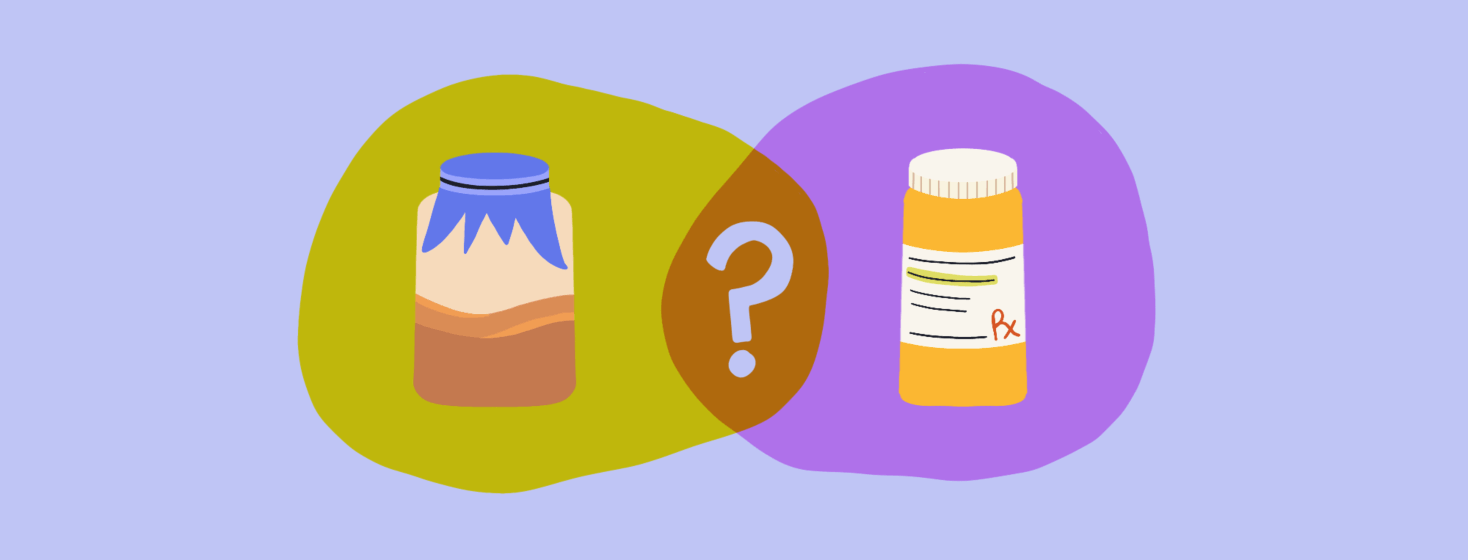Do I Need a Probiotic With My Antibiotic?
For people with Chronic Obstructive Pulmonary Disorder (COPD), antibiotic use may be more common than in the general population. Antibiotics serve an important role in managing some COPD bacterial exacerbations: they help shorten the duration of the exacerbation, prevent worsening of lung function, and can even reduce the frequency of future exacerbations.1
However, antibiotics may come with certain side effects, including potential impacts on gut health. Probiotics are commonly touted for their benefits in offsetting the gut side effects of antibiotics - but how well do they really work?
What are probiotics?
Probiotics are commonly known as “good bacteria” that normally live in your digestive system. They help keep your immune system strong against bad bacteria, which have the potential to cause infection. While probiotics are found naturally in food, some people choose to supplement with them to treat a wide range of conditions, including:2
- Irritable bowel syndrome
- Diarrhea as a result of antibiotic use
- Ulcerative colitis
- Yeast infections
- Constipation
- Urinary tract infections, and others
Are probiotics effective?
For the purposes of this article, we will focus on the effectiveness of probiotics in preventing the side effects of antibiotics. Some studies have shown that probiotics are effective in preventing antibiotic-associated diarrhea. However, not all probiotics are the same. Probiotics are sold over-the-counter, without a prescription, and have varied strains and concentrations.3
Should I take probiotics with my antibiotic?
While studies have shown that probiotics can be effective for those taking antibiotics, I recommend speaking to your doctor and/or pharmacist before deciding to take one. The following is also important to note:
- To see the positive effects of the probiotic, the probiotic should be taken on the first day of antibiotic use, during antibiotic use, and for 1-2 weeks after finishing the antibiotic.3
- Generally, it is recommended to space probiotics 2 hours from antibiotics. This may be difficult to do if your antibiotic regimen requires frequent dosing, such as three times a day dosing.4
Downsides of probiotics
While probiotics are considered safe for most people, there are some things you should consider:3
- Because these products are sold over-the-counter, they may not be regulated, depending on the country you live in. This means we cannot fully verify what the claimed ingredients and concentrations actually are.
- For people with conditions that affect the immune system, such as cancer, probiotics may not be safe. In these cases, the probiotics may cause an infection.
- Probiotics may come with side effects, including gas production (flatulence).
- Some probiotics can be quite expensive, with some up to $50 for a 2-week course. The price range typically reflects the different strains and concentrations of the product.
Overall, your doctor’s recommendation on whether you take a probiotic with your antibiotic depends on various factors, including whether you experience side effects from typically prescribed antibiotic therapy. The type of antibiotic you are prescribed also may be a factor in making a probiotic recommendation.
Do you commonly take probiotics? Share your experiences below!

Join the conversation